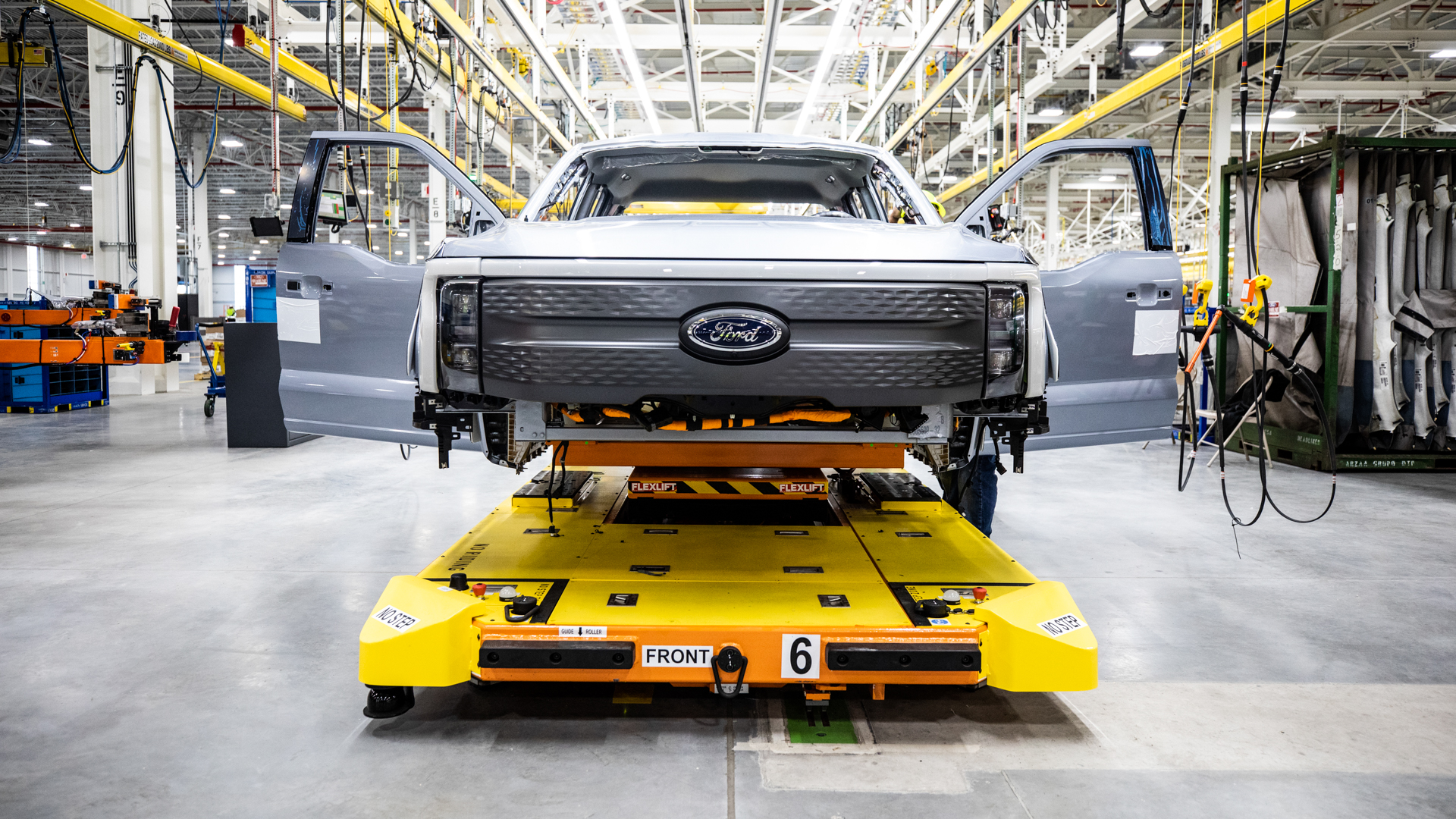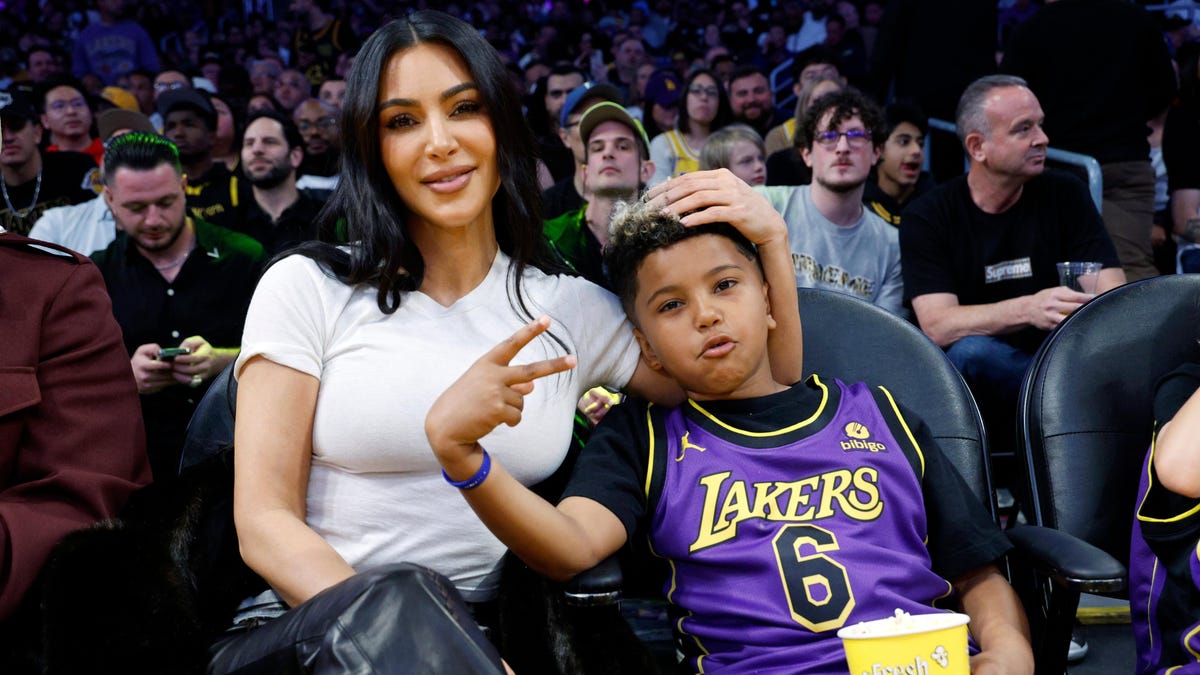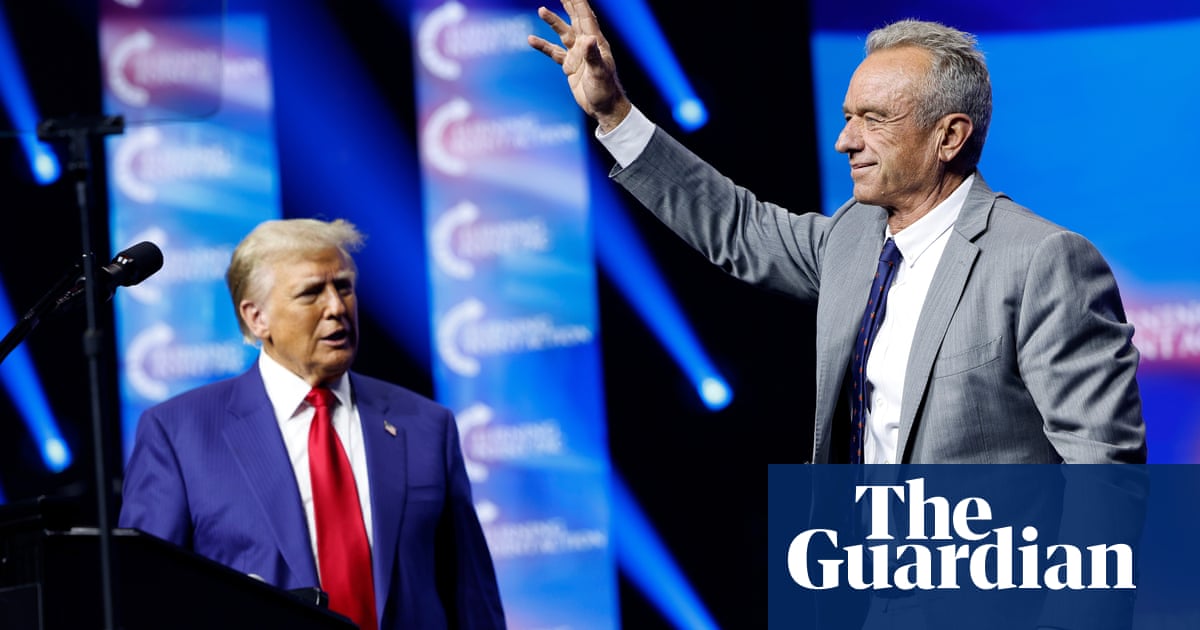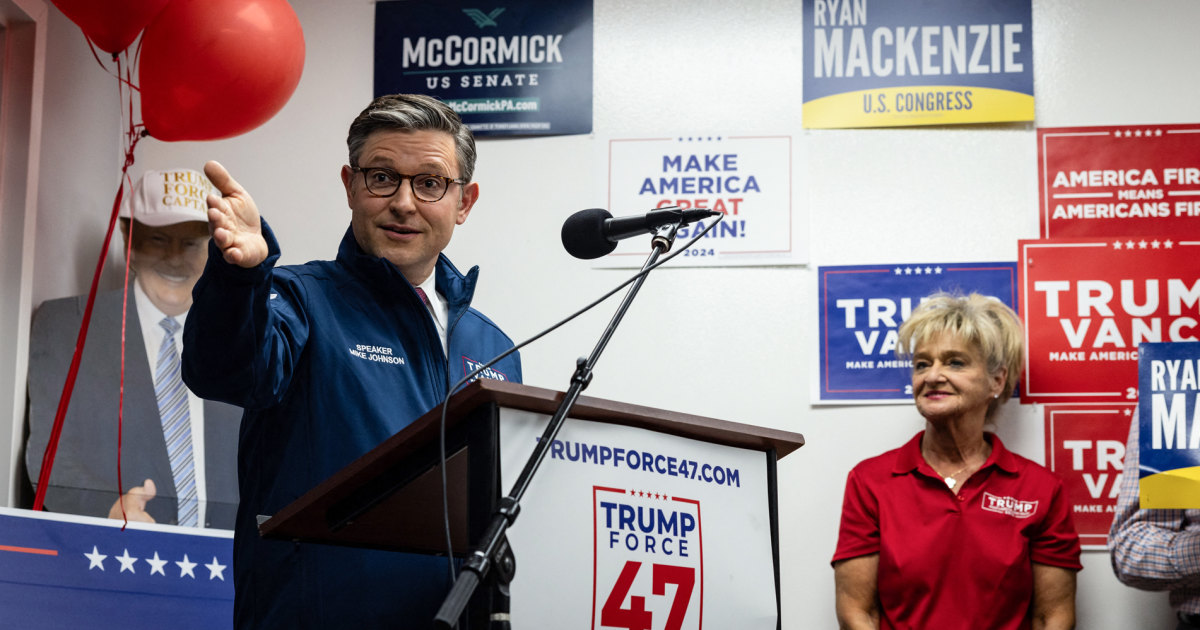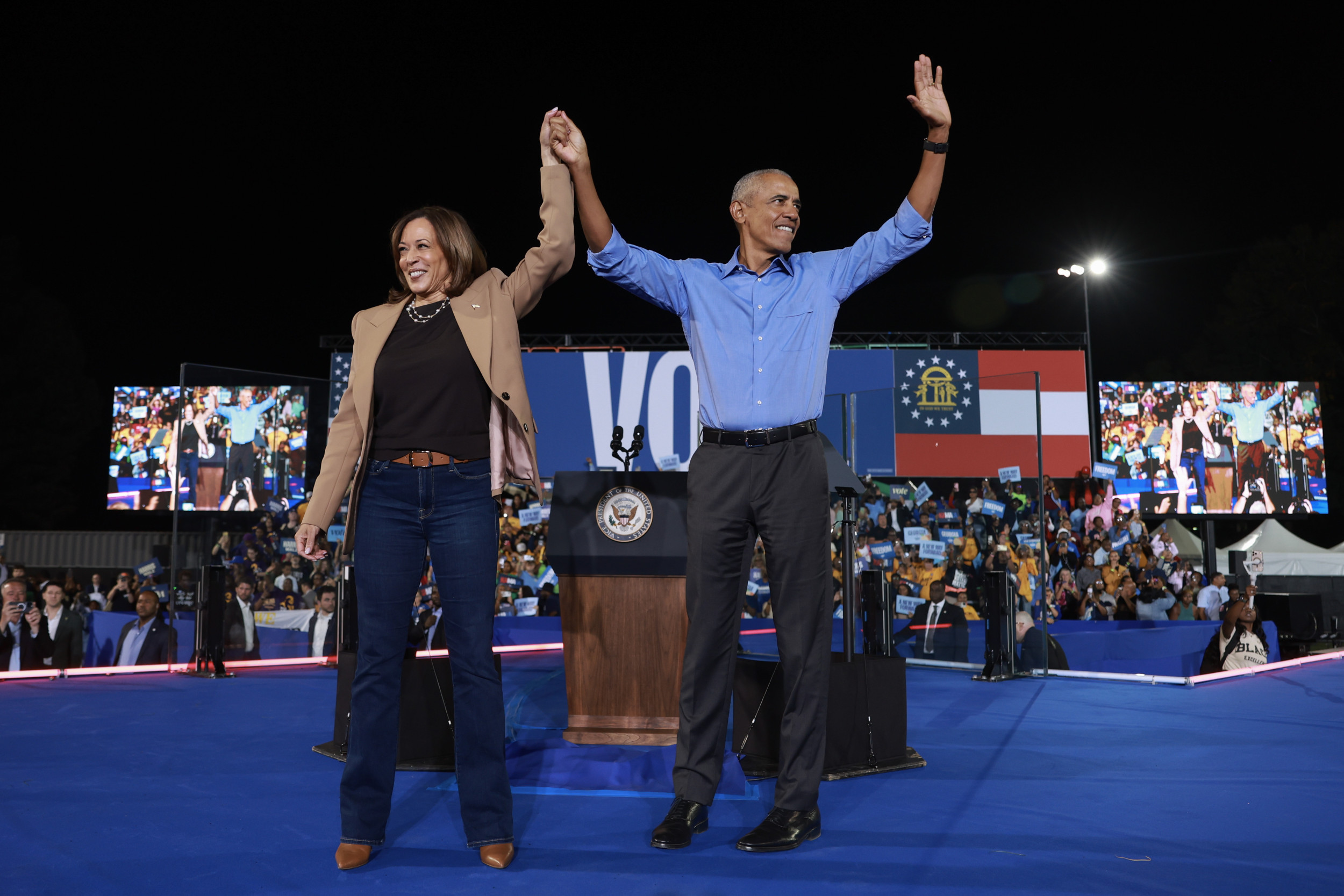The supreme court on Tuesday rejected an emergency appeal to remove Robert F Kennedy Jr from presidential ballots in Wisconsin and Michigan.
Kennedy wanted to remove himself from the ballot in the two crucial swing states after dropping his independent bid and endorsing Donald Trump. He argued that keeping him on violated his first amendment rights by wrongly implying he still wanted to be elected president.
Michigan and Wisconsin said removing his name now, with early voting under way days before the election, would be impossible. More than 1.5 million people in Michigan have already returned absentee ballots, and another 264,000 have voted early, state attorneys wrote in court documents. In Wisconsin, more than 858,000 people have returned absentee ballots.
The justices did not detail their reason in an order rejecting the emergency appeal, as is typical. One justice, Neil Gorsuch, publicly dissented in the Michigan case.
In response, Kennedy accused the conservative-dominated court of ruling against him to help Democratic officials in the states “undermine election integrity” in a post on Twitter/X. “It is a purely political move in the hope that folks who would have otherwise voted for Trump will throw away their vote by voting for me instead,” Kennedy wrote. “Don’t let them undermine this election. Don’t be fooled. I am off the ballot in every other state I have sought to get off of other than Michigan and Wisconsin. So, if you are in Michigan or Wisconsin, please make sure to vote for Donald Trump – DO NOT VOTE FOR ME. Together we will Make America Healthy Again!”
Kennedy’s response came after leaked video was posted online showing him assuring supporters in an organizing call this week: “President Trump has promised me … control of the public health agencies, which are HHS and its sub-agencies, CDC, FDA, NIH and a few others, and then also the USDA, which is … key to making America healthy.” CNN reported that the call took place on Monday.
The presence of independent and third-party candidates on the ballot in swing states could be a key factor in the close presidential race. The high court previously rejected Kennedy’s separate effort to stay on the ballot in New York, a state where his presence is unlikely to make a difference in the race between Trump and Kamala Harris.
Kennedy has been working to get off the ballot in the seven key swing states since endorsing Trump. Wisconsin and Michigan are the last two where his name is expected to appear.
In Michigan, he notched an appeals court win but courts ultimately found he could not withdraw as the candidate of the Natural Law party, which had wanted him to stay on.
In his dissent, Gorush pointed to lower court judges who wrote that the timing of Kennedy’s original request to be removed was not so unreasonable that it should be denied.
In Wisconsin, courts rejected Kennedy’s argument that major parties unfairly get more time to switch nominees. Judges there found candidates who miss deadlines to change nomination papers must remain on the ballot unless they die, and a plan to cover Kennedy’s name with stickers was unworkable.


